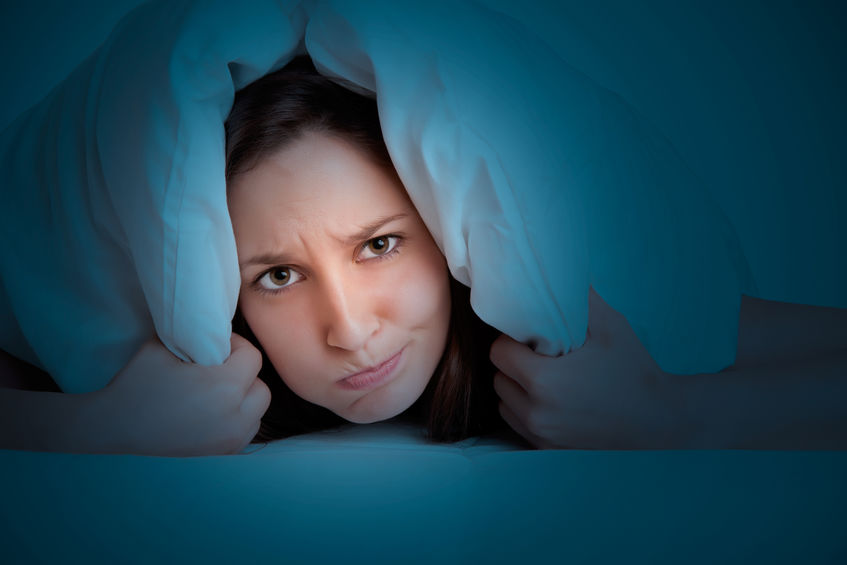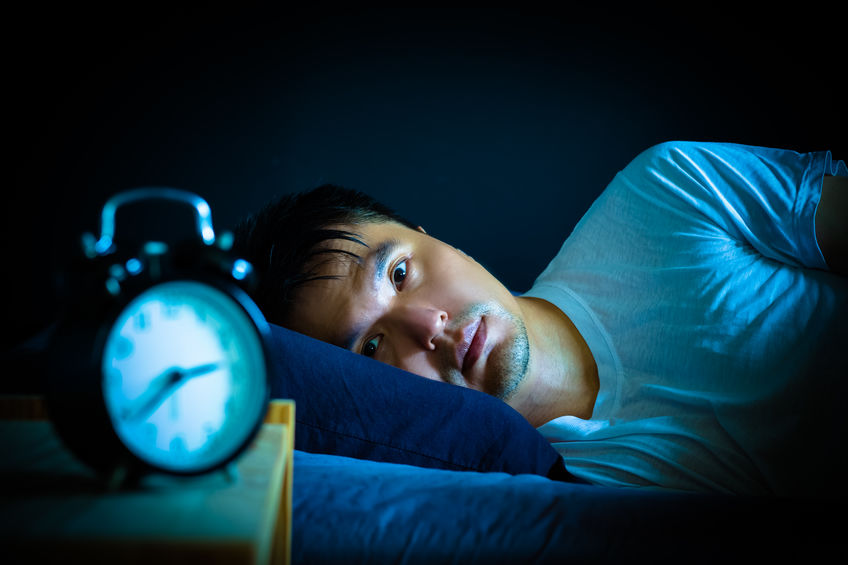Pharmacological Treatment of Insomnia
Pharmacological Treatment of Insomnia
Pharmacological Treatment of Insomnia (i.e. sleep difficulties) include medications and psychological/behavioral interventions, the first of which will be discussed today. Let us begin by reviewing the advantages and disadvantages of two types of insomnia medications: Benzodiazepines and Z-drugs. Benzodiazepines (or benzos) are a large group of drugs prescribed for a variety of conditions, such as anxiety disorders, muscle spasms, and, of course, insomnia.
These drugs work by enhancing the activity of an important chemical messenger in the brain called gamma-aminobutyric acid (GABA). GABA is an inhibitory neurotransmitter, meaning it reduces the activity of the nervous system, causing a calming and sedating effect.


Though the drugs in the benzodiazepine class have similar pharmacological effects, they have different durations of action. So, these drugs may be divided into short-acting benzodiazepines (e.g., Halcion), intermediate-acting benzodiazepines (e.g., Restoril), and long-acting benzodiazepines (e.g., Dalmane).
Short-acting benzos with rapid onset of action might be more helpful for sleep initiation, while the rest might be more helpful for sleep maintenance.
A common side effect of benzodiazepines is next-day sedation and drowsiness. A bigger concern, especially in the long-term, is the potential for tolerance (requiring more of the drugs over time) and dependence (e.g., experiencing unpleasant physical symptoms if one stops taking them).
Because of such concerns, some patients may prefer Z-drugs (e.g., Sonata, Ambien, Lunesta).
Z-drugs, sometimes called nonbenzodiazepines, work similarly to benzodiazepines. For instance, they also impact the GABA system. An advantage of these drugs is that they tend to have fewer side effects than benzodiazepines and are less likely to cause tolerance and dependence. However, one relatively rare side effect, known as complex sleep behaviors (e.g., sleepwalking, sleep-driving), may be cause for discontinuation of some Z-drugs.
Other medications used in treatment of insomnia
Sometimes insomnia is caused by (or is a symptom of) physical health conditions. In such cases, treatment of the physical condition might be necessary before significant improvements in sleep are noted. For instance, treating arthritis successfully often has the benefit of reducing pain-related sleep problems. Similarly, many mental health conditions, like anxiety, depression, and posttraumatic stress disorder, have insomnia as a symptom. So treating these disorders often results in improved sleep.
Depression, anxiety, and several other common psychological disorders are treated with antidepressants—commonly selective serotonin reuptake inhibitors (SSRIs) and serotonin and norepinephrine reuptake inhibitors (SNRIs). SSRIs affect the neurotransmitter serotonin, while SNRIs affect serotonin and norepinephrine. An older group of antidepressants called tricyclic antidepressants (e.g., Elavil) act on the serotonin and norepinephrine systems as well. Compared to benzodiazepines and Z-drugs, antidepressants are considered safer for long-term use and less likely to cause tolerance and dependence. The side effects of antidepressants depend on the particular drug prescribed but may include weight gain and sexual difficulties.
Some other types of sleep medications (along with some of their common side effects) are listed below:
- Melatonin agonists (e.g., Rozerem): No major side effects.
- Antihistamines (e.g., Benadryl): Next-day grogginess, development of tolerance.
- Anticonvulsants (e.g., Neurontin): Sedation, some potential for abuse.
- Low-dose antipsychotics (e.g., Seroquel): Weight gain, lipid abnormalities.
Taking a holistic approach to treat sleep disorders and insomnia
As can be seen, the list of medications and behavioral approaches can be used to treat insomnia. Of course, medications are not the only solution to sleep problems. It is important to ask your health provider about behavioral and psychological treatments as well. A multi-pronged approach to treating sleep problems will likely be more effective, especially in the long term.
What is Treatment-Resistant Depression?
Treatment-resistant depression is depression that has failed to respond to at least 3 antidepressant medications from different drug classes.
What is Spravato?
Spravato Nasal Spray is a new FDA approved medication for treatment of chronic depression in adults. Please fill out the form to download our patient guide to get more information on this medication, who is the right candidate, treatment options, and potential side effects.
Talk to your doctor to see if Spravato is right for you.
Please note that Spravato can only be administered in a medically supervised healthcare setting that has been recognized as a certified treatment center.
Download your copy of:
Spravato Patient Guide
Health Insurance
About us
Contact us
About Harbor Psychiatry & Mental Health
We believe outstanding healthcare is delivered when we merge the science of medicine with the compassion of our hearts. We refer to this as “head and heart together,” inspiring constant improvement and lasting success.
Psychiatrists Orange County CA
Psychologists Orange County CA
Contact us
Address: 4631 Teller, Suite 100
Newport Beach CA 92660
Phone: (949) 887-7187
Email: info@harbormentalhealth.com
